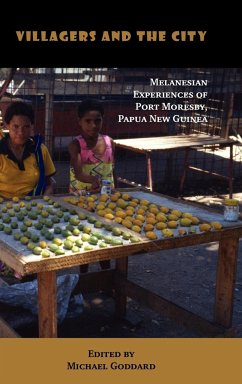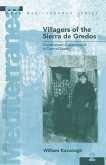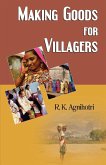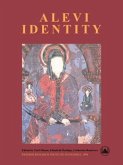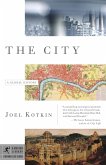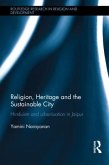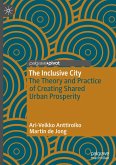Since Papua New Guinea's Independence in the 1970s, Port Moresby has been transformed from a colonial administrative centre to a distinctively Melanesian city. However visitors often shun the capital, their perceptions coloured by unsympathetic media accounts of violent crime and unchecked corruption. Instead they seek the 'real' Papua New Guinea - traditionally oriented and reassuringly parochial - beyond its boundaries. In this book, experts from the fields of anthropology, ethnomusicology and human ecology seek to represent 'Mosbi' as Papua New Guineans experience it. They augment the urban focus of the book with knowledge of the rural societies from which the contemporary inhabitants come. Considering groups of migrants, long-term residents and the traditional landholders of the territory on which it has grown, the contributors offer intimately informed perspectives on the vibrant, dynamic, exciting, hybrid environment that is 'Mosbi'. They argue that it needs to be recognised as the real Papua New Guinea, and that its inhabitants need to be understood not as caricatures of unemployed criminals on the one hand and as corrupt elites on the other, but as modern Melanesians creatively adapting to the exigencies of urban living.
Hinweis: Dieser Artikel kann nur an eine deutsche Lieferadresse ausgeliefert werden.
Hinweis: Dieser Artikel kann nur an eine deutsche Lieferadresse ausgeliefert werden.

